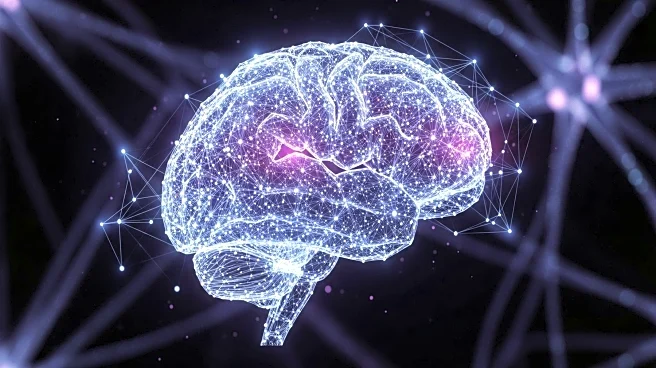What's Happening?
The development of self-improving AI models is gaining momentum, with frameworks like SEAL and RIVAL showcasing advancements in smarter and safer AI systems. These models are designed to adapt in real-time, learning from new data sources and feedback mechanisms without requiring complete retraining. Recent research highlights the potential of self-improving AI to address issues such as 'catastrophic forgetting' and resource efficiency. However, significant technical challenges remain, including managing noisy feedback and balancing stability with plasticity. The rise of self-improving AI models promises revolutionary intelligence, but widespread, fully autonomous self-improvement is not yet routine.
Why It's Important?
Self-improving AI models represent a significant shift in how AI systems operate, offering the potential for more personalized and adaptive technologies. These advancements could lead to AI systems that are better aligned with user needs and capable of evolving over time. The implications for industries such as healthcare, finance, and education are profound, as self-improving AI could enhance decision-making and efficiency. However, the challenges associated with continual learning, such as resource constraints and ethical considerations, must be addressed to ensure safe and effective deployment.
Beyond the Headlines
The development of self-improving AI models raises important ethical and governance questions, including accountability for autonomous updates and the transparency of changes. As these models become more prevalent, there will be a need for regulatory frameworks to ensure safety and prevent bias amplification. The environmental impact of continual learning, due to increased computing power requirements, also warrants consideration. Researchers and policymakers must work together to navigate these challenges and harness the potential of self-improving AI responsibly.









